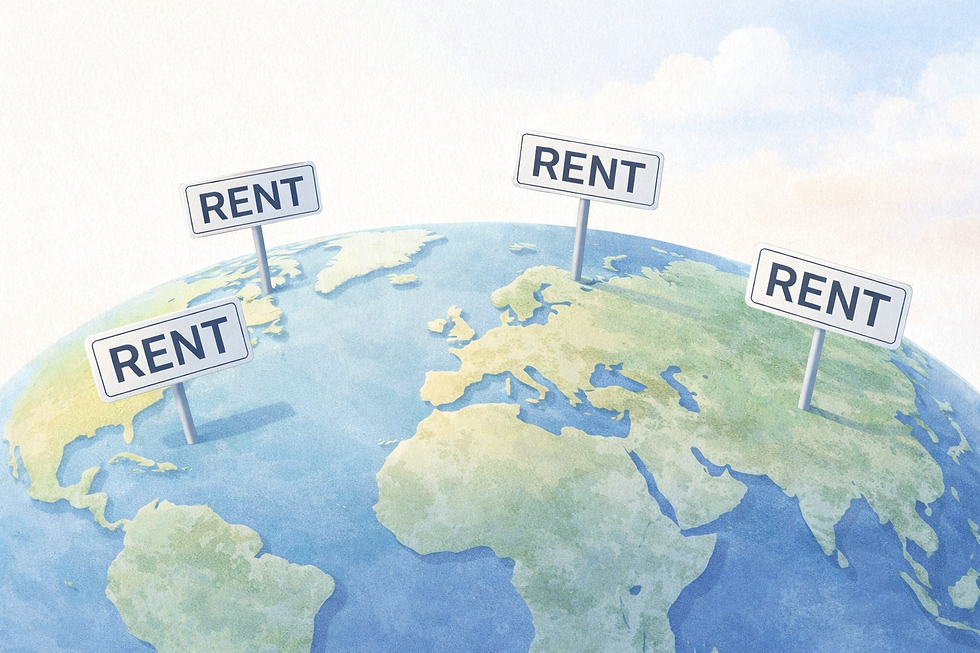Reverse Mortgage vs. Home Equity Loan — Which Works Better for Retirees?”
- Rich Arzaga

- Nov 7, 2025
- 2 min read
Updated: Dec 14, 2025

Press query response submitted to HerMoney.com, November 2025
by Rich Arzaga, CFP®, CCIM, The Real Estate Whisperer® Financial Planning
I was recently asked by a financial journalist to weigh in on a reader question: “Reverse mortgage versus home equity loan — which works better for retirees?”
It’s a great question, because although both tools tap into home equity, they are fundamentally different in how they function, how they are regulated, and how much risk they transfer to the retiree.
In my response, I explained why a HELOC may feel familiar and inexpensive—but also why it can be unexpectedly dangerous for retirees who are depending on it. I also outlined why a reverse mortgage (HECM) can function as a far more strategic planning tool in retirement, especially for long-term cash flow, tax planning, and portfolio risk management.
Below is the full response I sent to the publication.
Hi Sarah,
These two tools both draw from the same asset—the home—but they serve very different purposes, and retirees should understand the trade-offs before choosing one.
A home equity line of credit (HELOC) can be useful for short-term or limited cash needs, but it comes with one major risk that’s often overlooked: the lender can freeze, reduce, or cancel the line at any time. We saw this happen after 2008–2009, when tens of thousands of retirees suddenly lost access to their HELOCs just when they needed them most. Because of that uncertainty, I’m cautious about relying on a HELOC as part of a retirement-income plan.
A reverse mortgage (HECM), on the other hand, cannot be frozen or cancelled as long as the borrower meets the basic obligations (property taxes, insurance, home maintenance). The available credit line can grow over time, which makes it a far more strategic tool. A HECM can be used not just for emergency cash needs, but also as part of a broader retirement plan: delaying Social Security, funding Roth conversions, managing long-term care costs, or reducing sequence-of-returns risk during down markets.
For retirees who only need a small, temporary source of funds, a HELOC may be simpler and cheaper. But if the goal is long-term financial security—and especially if future cash needs are uncertain—the reverse mortgage generally offers more protection and flexibility.
Here is a link to a comparison chart I published earlier this year. Happy to provide additional detail if helpful, and thank you for the opportunity.
Rich Arzaga, CFP®, CCIM




Comments